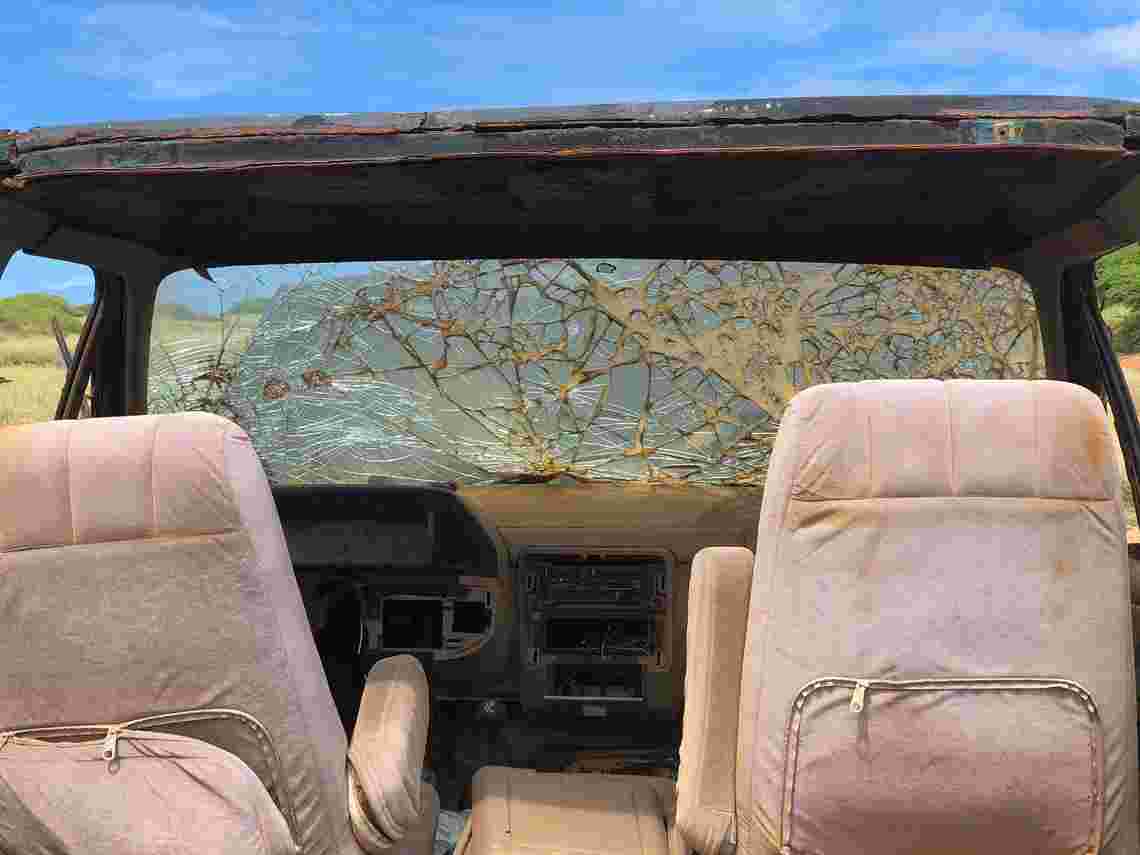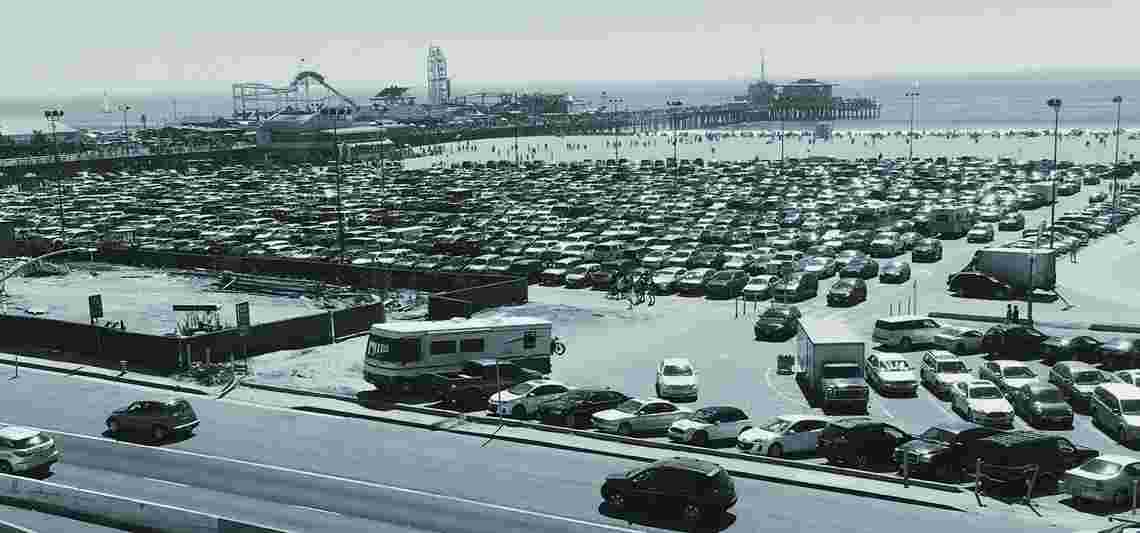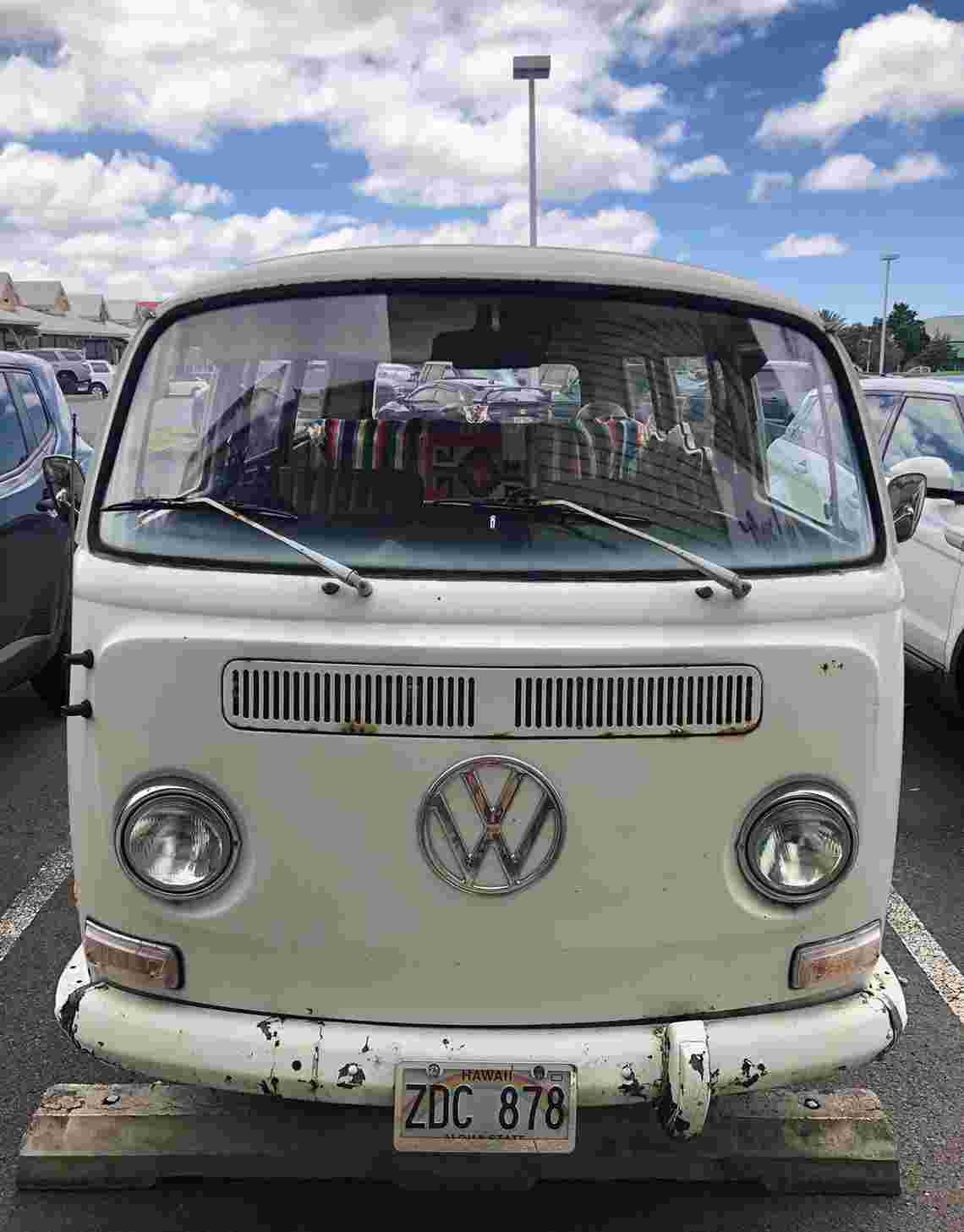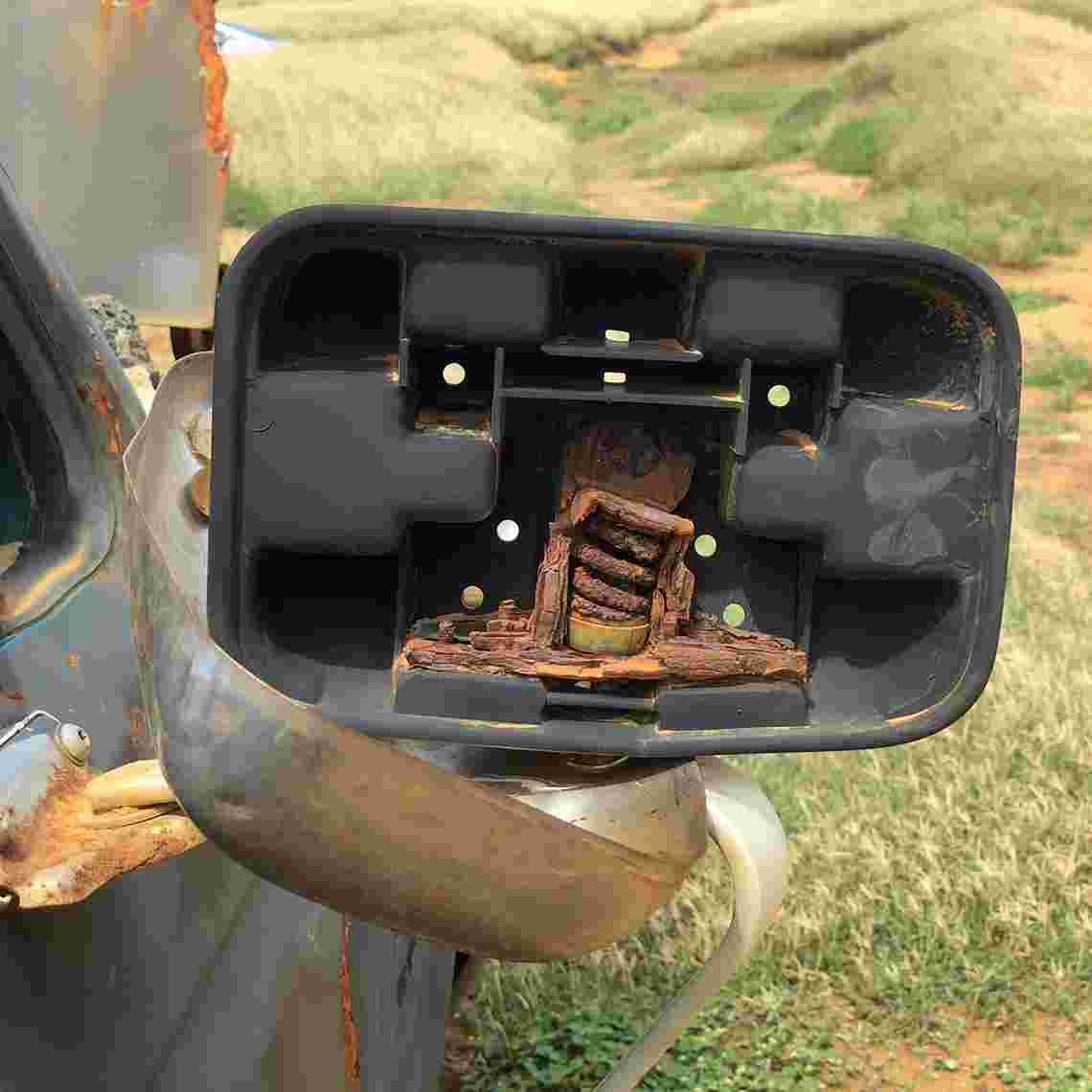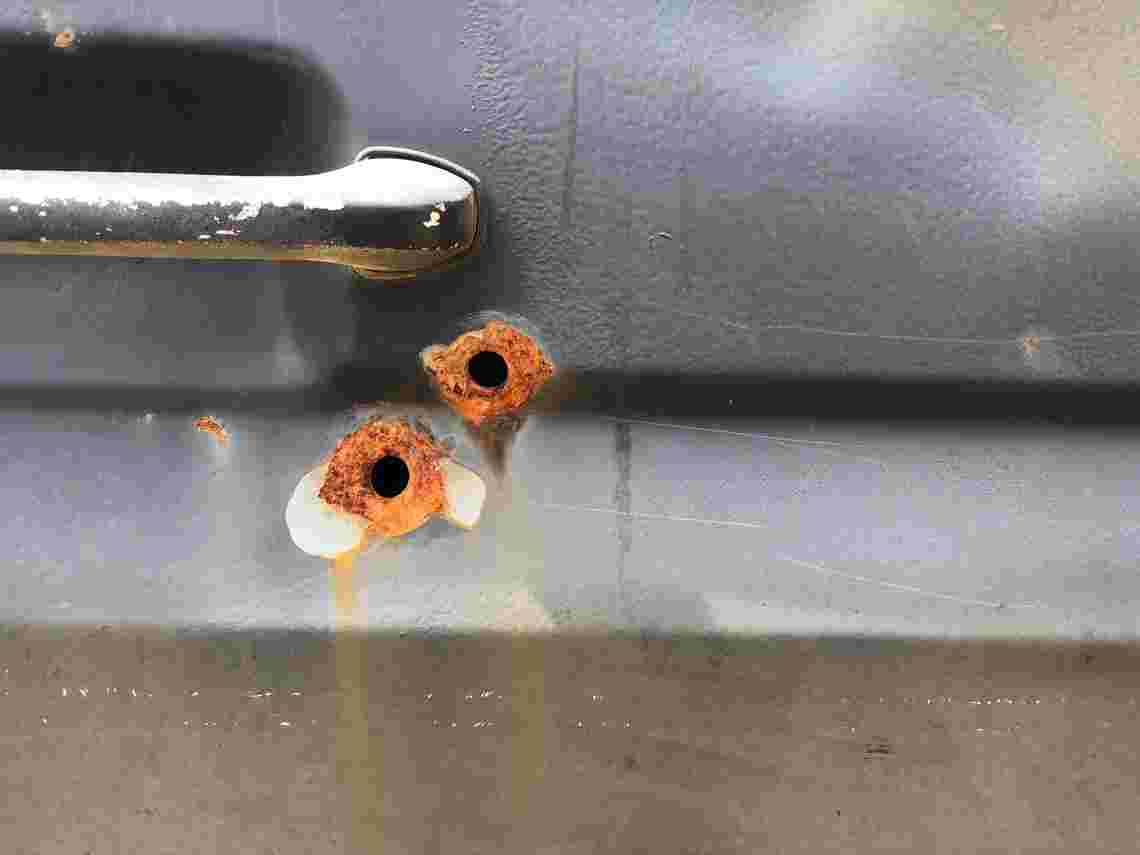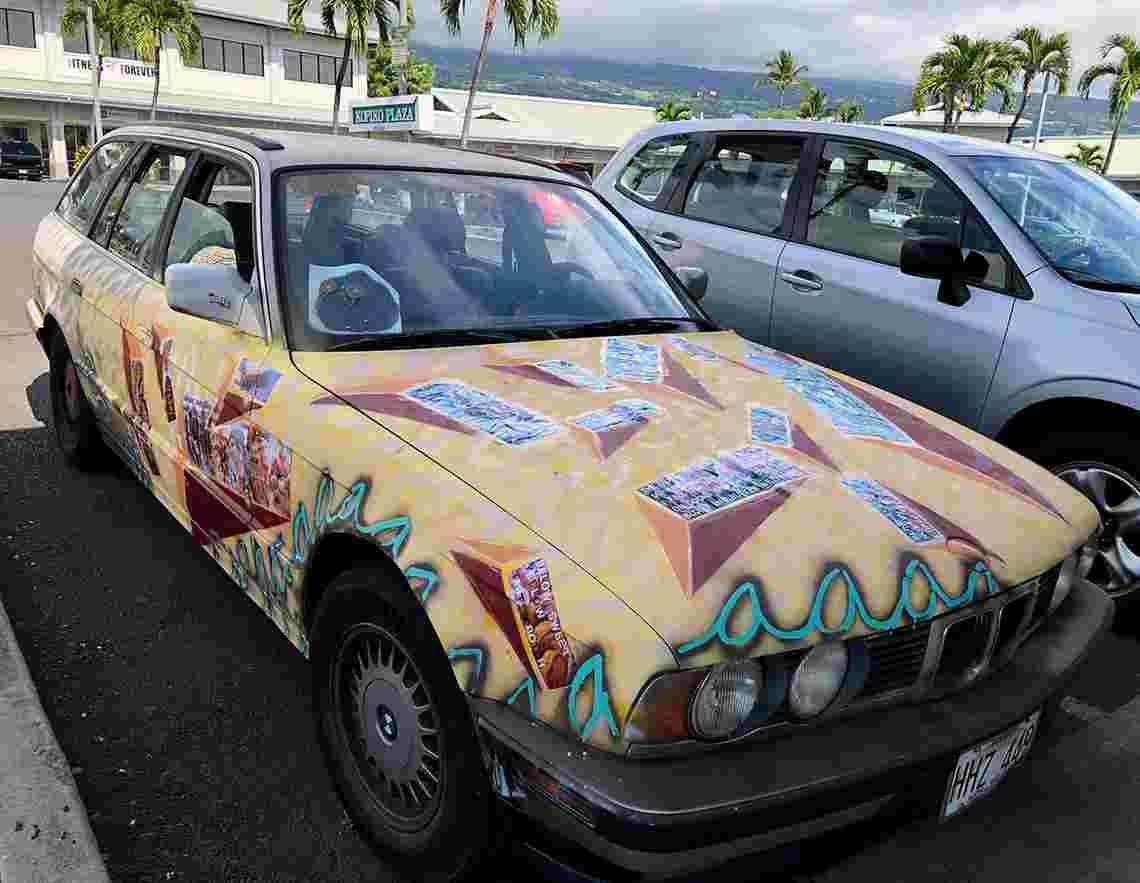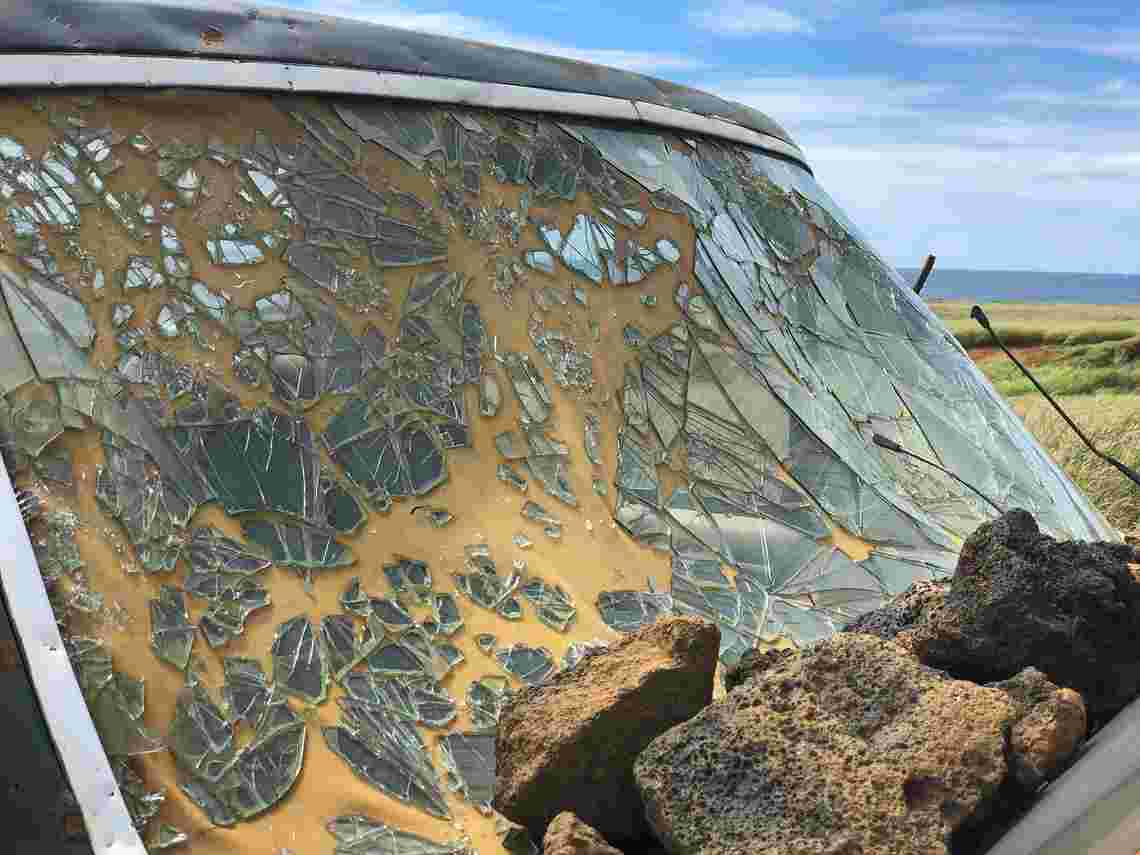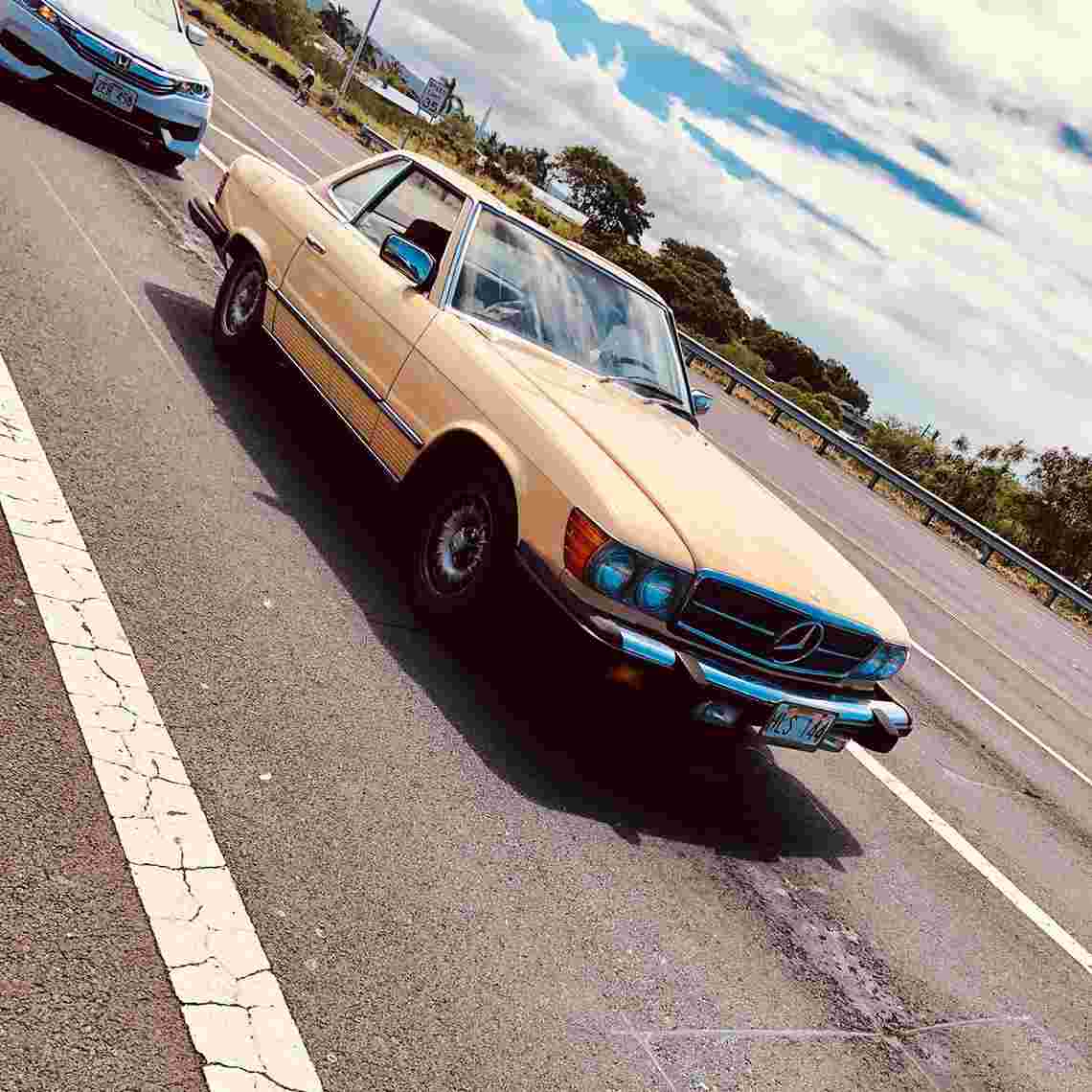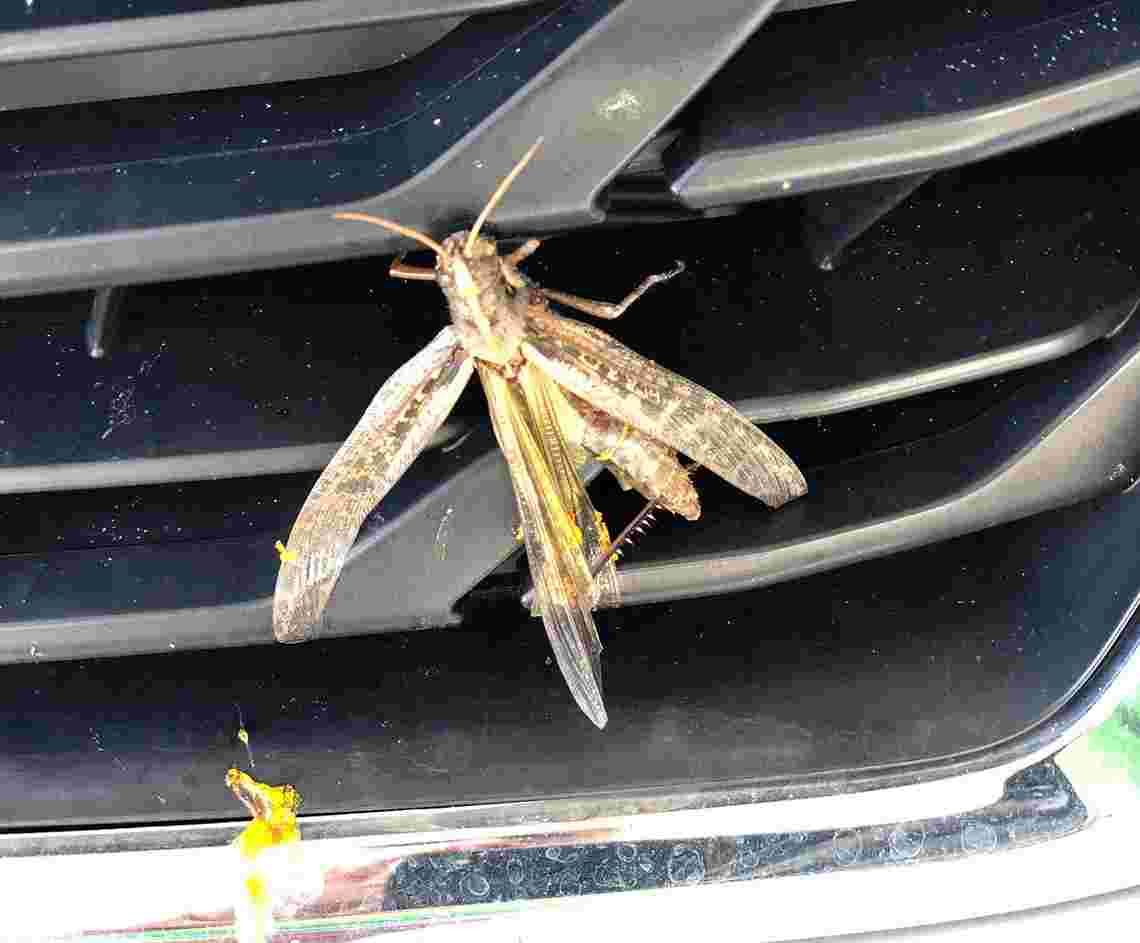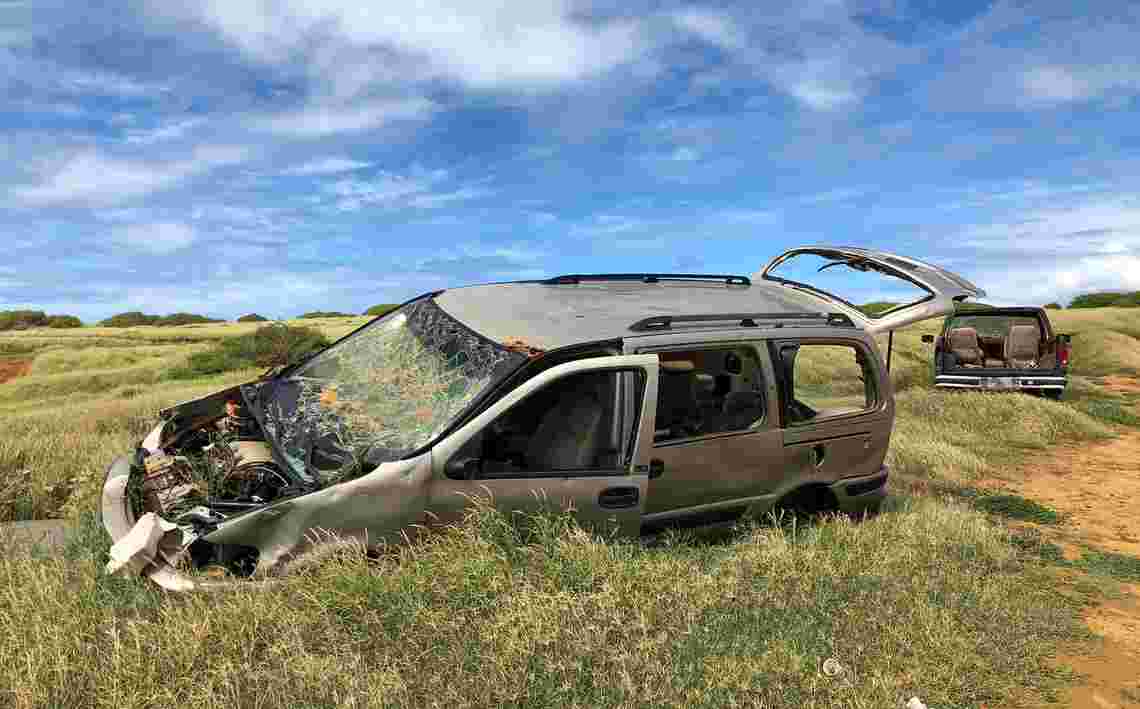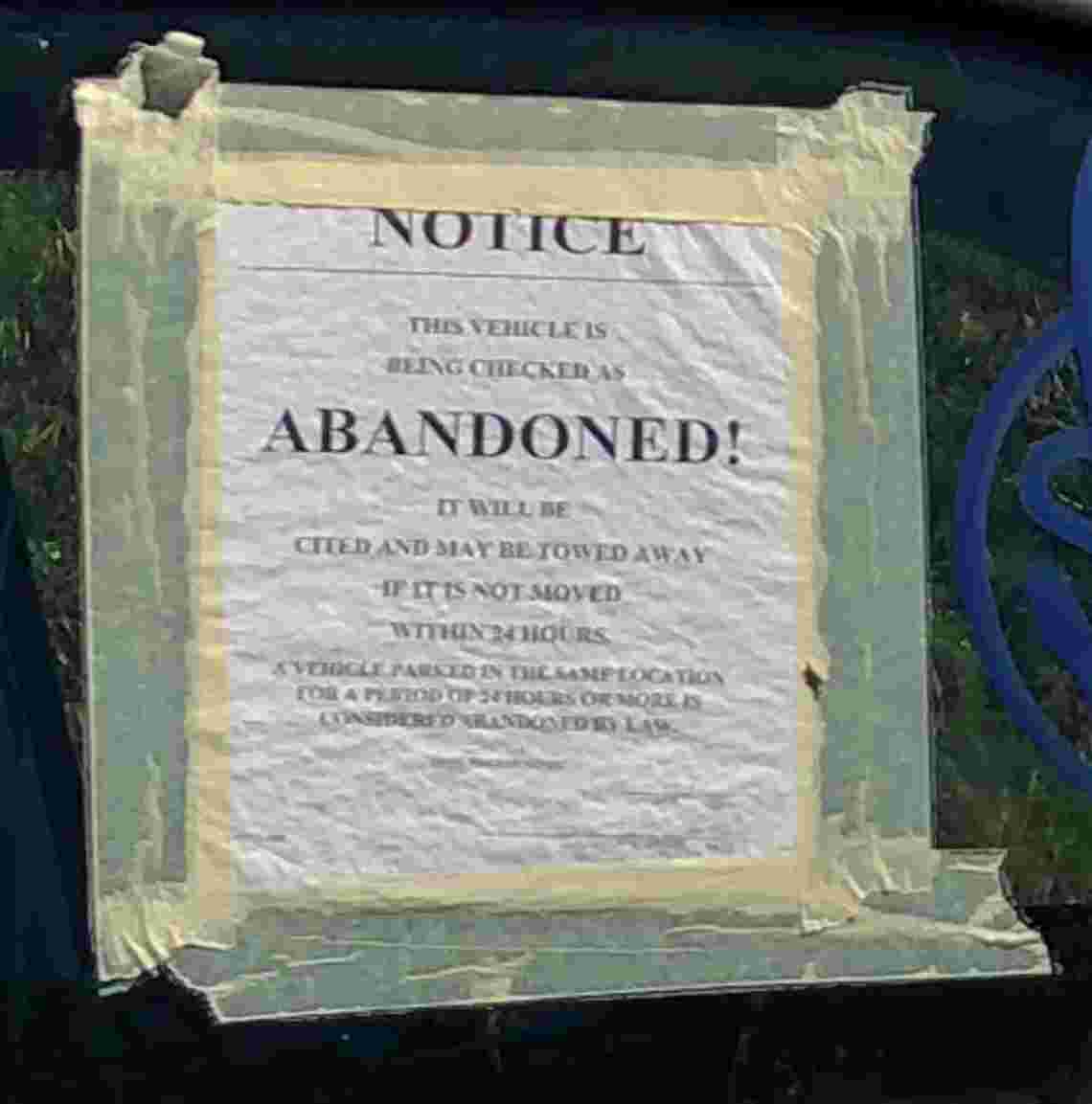At the turning of the 19th to the 20th century the car followed the locomotive. At that time trains had already started a devastating crusade of destruction and killing in parts of our globe, a process that remained ignored and unnoticed for round about 150 years.
The car emerged accompanied by women‘s lib and other movements praising the individual and its rights, a long awaited aftermath of the French Revolution. On the other hand it played an important role in the mode of warfare that brought so much suffering over Europe.
The car was a huge step towards the individualizing of our societies and an incredible privilege to have. My grandfather was one of those, who already drove a car in the early 20ies, beautiful vehicles, more resembling a horse carriage than an automobile.
Over the decades cars turned into a symbol of moving independently, shaking off the constraints of the place, time getting a less important variable to consider. Holidays suddenly became an option for most of us, with the aeroplanes this became even more obvious... traveling became a mass movement due to the fact that the relation between time, place and speed changed completely.
